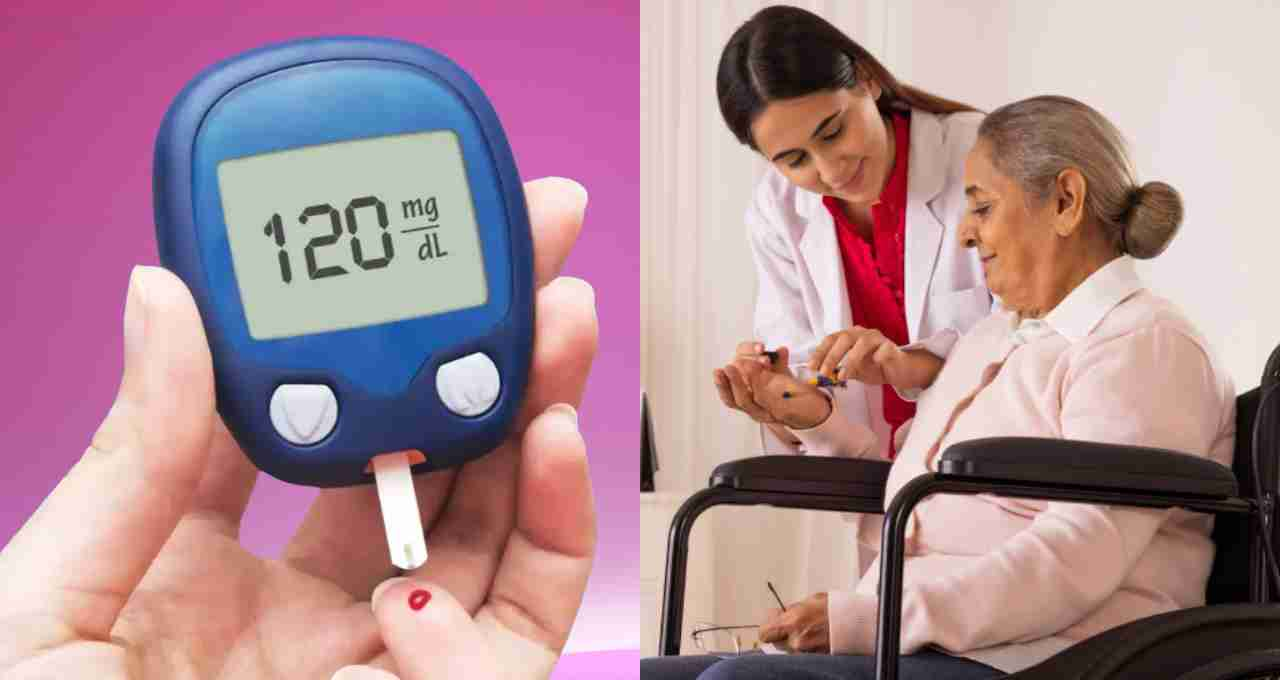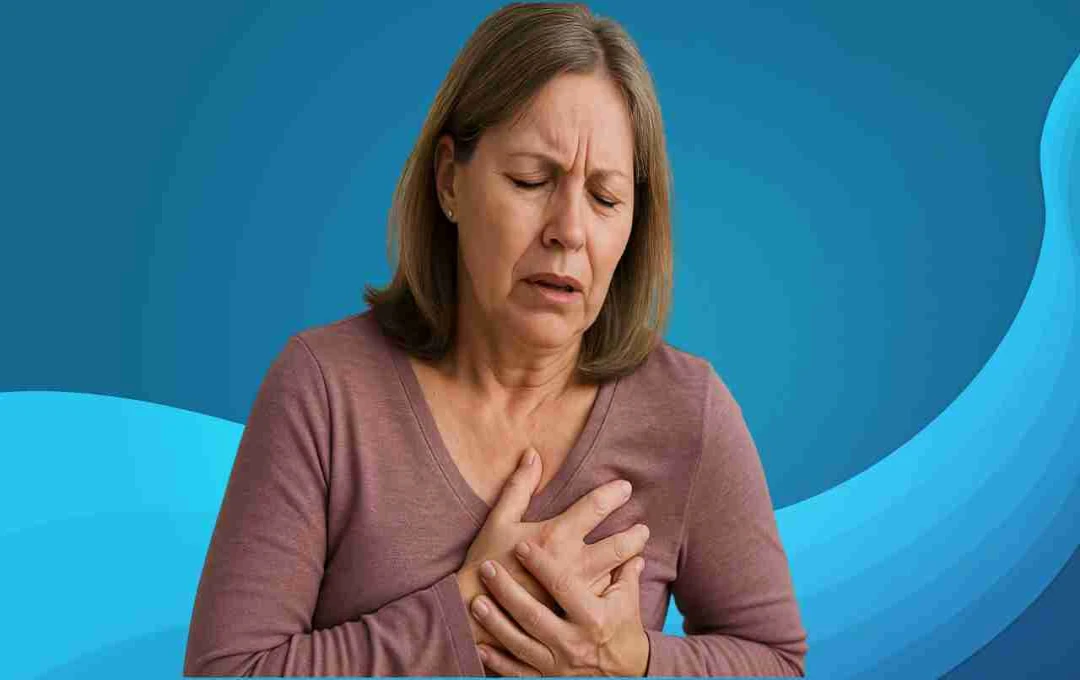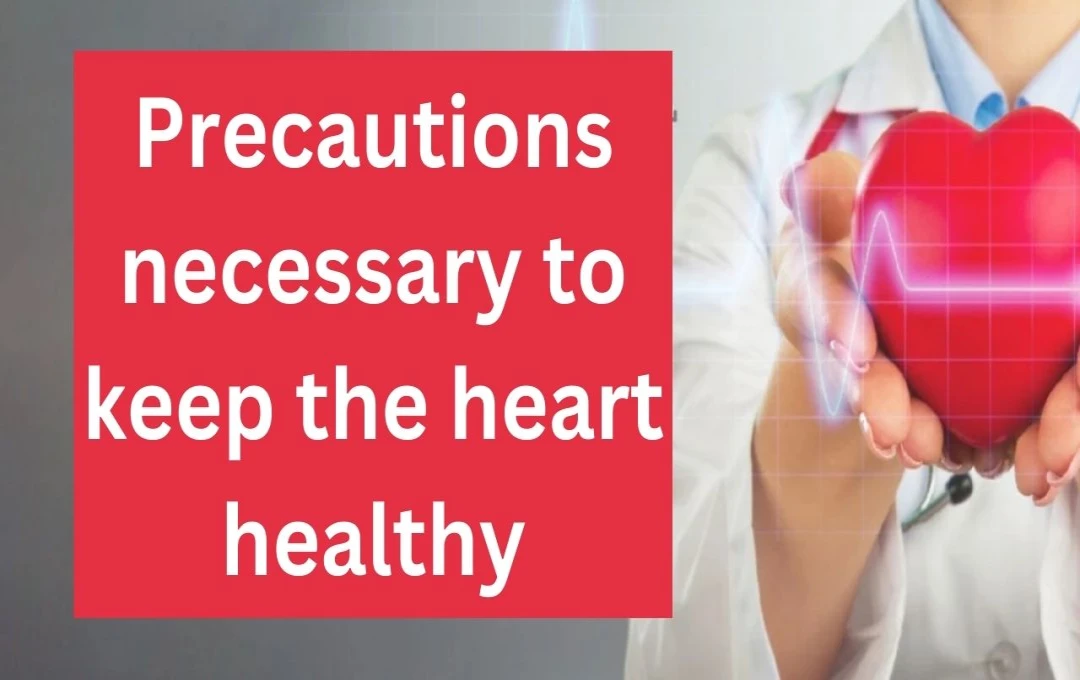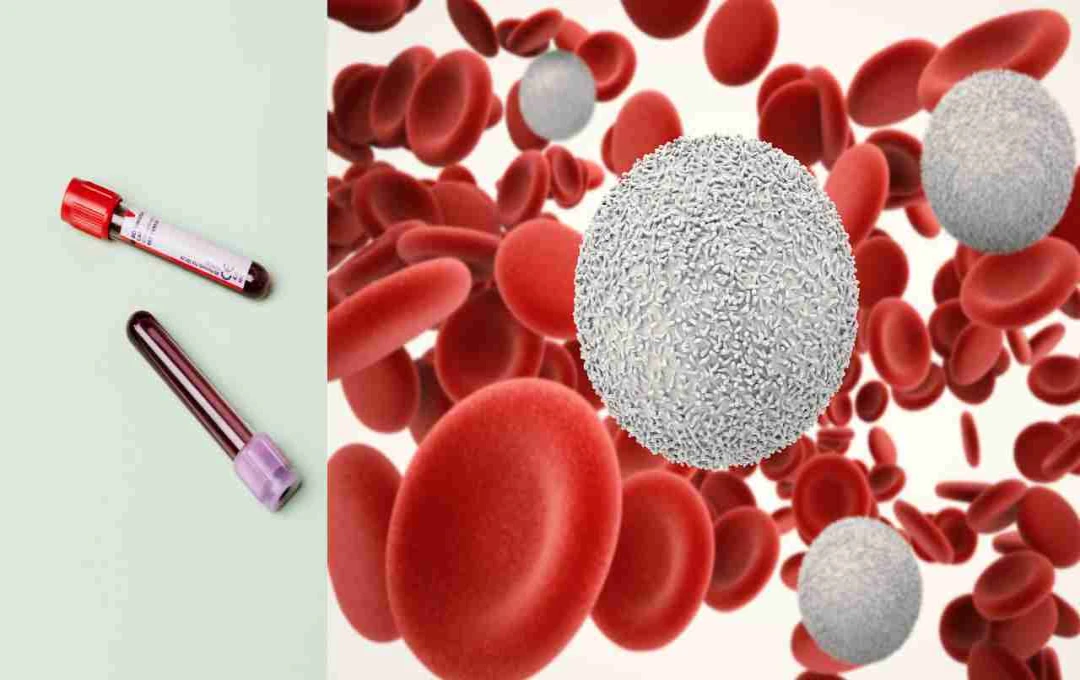Heart disease was once considered a predominantly male health issue, but this perception is changing. In recent years, there's been a significant increase in the number of women experiencing heart attacks and other cardiac diseases. This is particularly noticeable among women aged 45 to 55, coinciding with the onset of menopause.
Hormonal Changes: A Major Factor
According to Dr. Udgiath Dheer, a cardiologist at Fortis Memorial Research Institute, Gurugram, women experience significant hormonal shifts after the age of 45, a period known as menopause. During this time, estrogen levels decline rapidly. Estrogen plays a crucial role in naturally protecting women against heart disease.
Estrogen protects the heart in several ways. It maintains the flexibility of blood vessels, regulates blood pressure, and reduces inflammation. Furthermore, it lowers bad cholesterol (LDL) and raises good cholesterol (HDL). When estrogen levels decrease, several negative changes occur in the body, directly impacting heart health.
Increased Heart Risk After Menopause
As estrogen levels fall, women's arteries begin to stiffen, accelerating the process of atherosclerosis (plaque buildup in the arteries). This plaque can eventually lead to heart attacks. Other warning signs include increased blood pressure, rapid weight gain, especially around the abdomen.
Dr. Neelam Suri, a senior gynecologist at Indraprastha Apollo Hospitals, points out that insulin resistance also increases during menopause, raising the risk of diabetes. Stress, lack of sleep, irritability, and anxiety further compromise heart health.
Heart Attack Symptoms Often Differ in Women

Heart attack symptoms in women often differ from those in men and are sometimes mistaken for general fatigue or indigestion. This delayed recognition can lead to delayed treatment. Common heart attack symptoms in women may include:
- Extreme fatigue or weakness
- Shortness of breath
- Chest pressure or tightness
- Nausea or vomiting
- Pain in the jaw, neck, back, or shoulder
- Dizziness or fainting
Women experiencing any of these symptoms repeatedly should seek immediate medical attention.
Why is the Age of 45-55 Particularly Risky?
The age range of 45 to 55 presents a double challenge for women: hormonal changes coupled with a slowing metabolism. Blood pressure, blood sugar, and cholesterol levels can become significantly imbalanced during this period. The risk increases further if a woman smokes, is obese, or has a family history of heart disease.
Maintaining Heart Health During This Age

Doctors recommend that women become more vigilant about their heart health after the age of 40. Several preventative measures can significantly reduce the risk of heart disease.
1. Regular Health Checkups
Get your blood pressure, cholesterol, and blood sugar checked annually.
2. Dietary Changes
Consume a diet rich in fruits, green vegetables, omega-3 fatty acids, and fiber. Avoid trans fats, processed foods, and excessive salt.
3. Daily Exercise
Engage in at least 30 minutes of walking, yoga, or light cardio daily.
4. Stress Reduction
Manage stress through meditation, music, sufficient sleep, and engaging in hobbies.
5. Avoid Smoking and Alcohol
Smoking and excessive alcohol consumption significantly damage heart health.
Why is Heart Health Awareness Crucial for Women?
According to the World Health Organization, cardiovascular disease is the leading cause of premature death in women. Since symptoms are often ambiguous, awareness is key. Don't ignore changes in your body; seek timely medical advice.
Women are the backbone of their homes and communities, and they should prioritize their health as much as they do their families. Making lifestyle adjustments and undergoing timely health checkups after 45 is crucial for protecting heart health. Remember, a healthy heart is the key to a healthy life.















